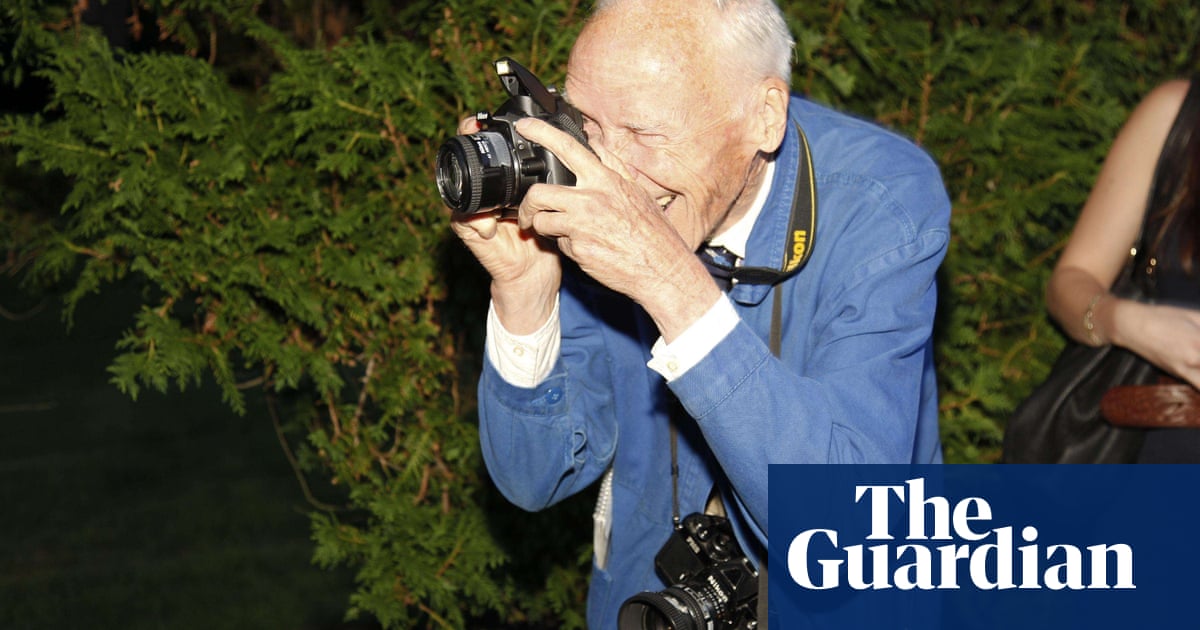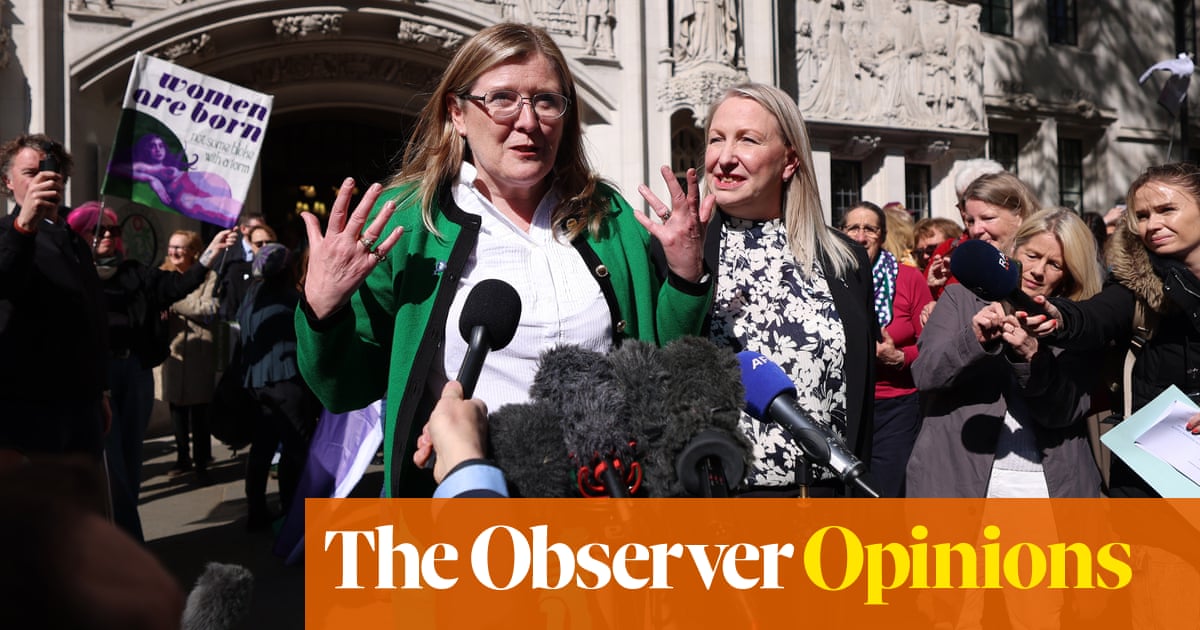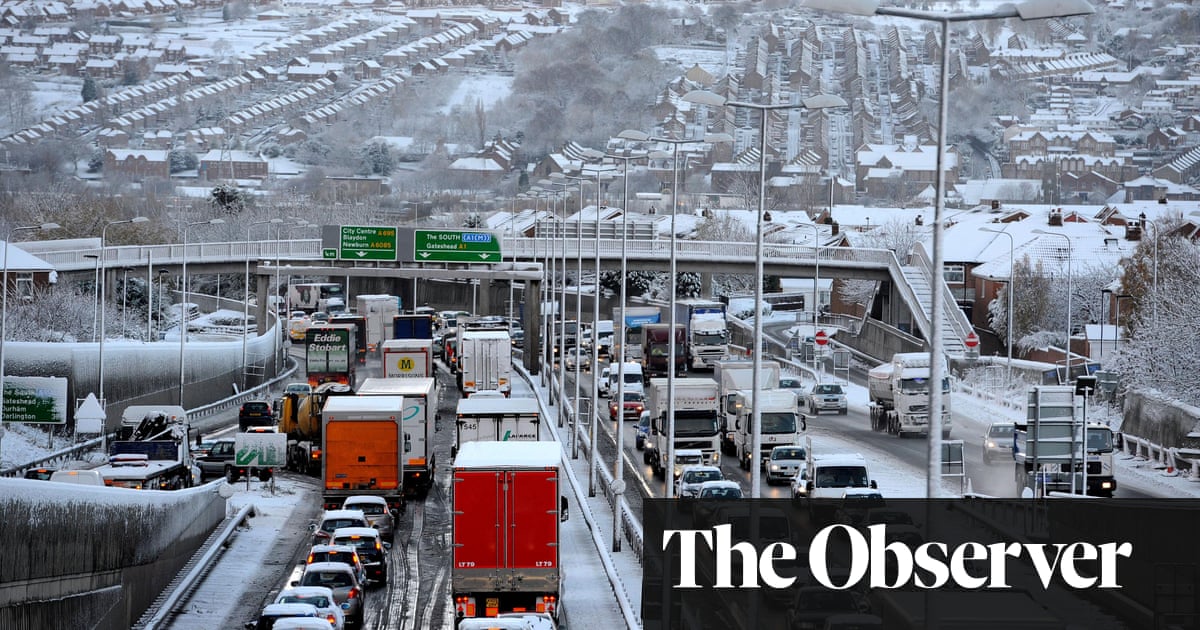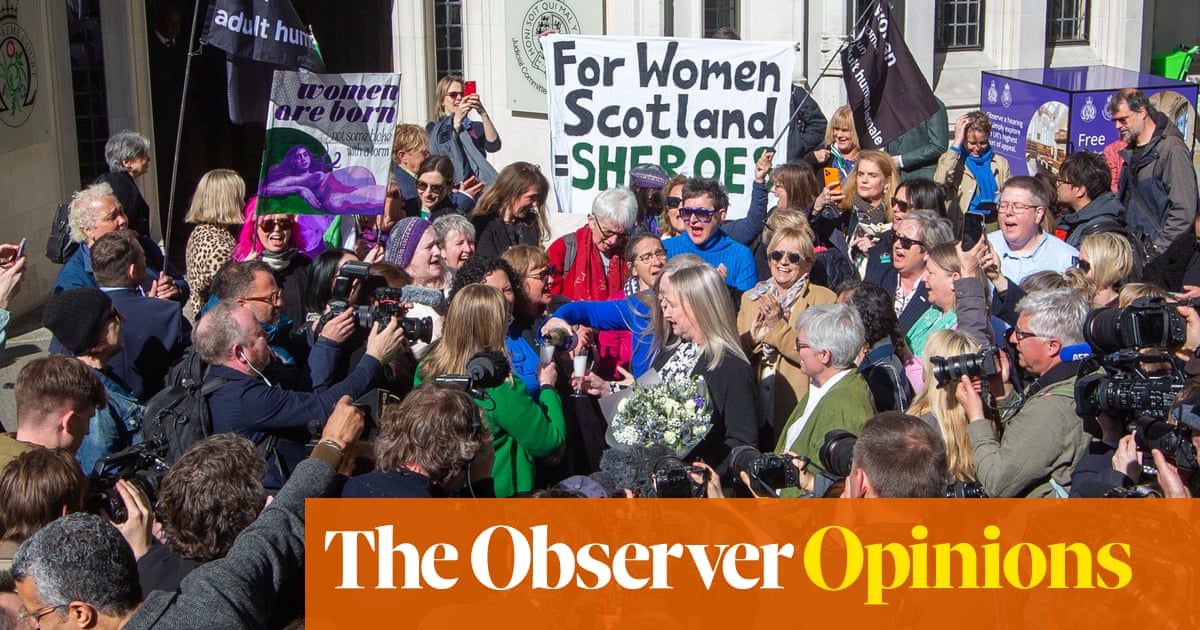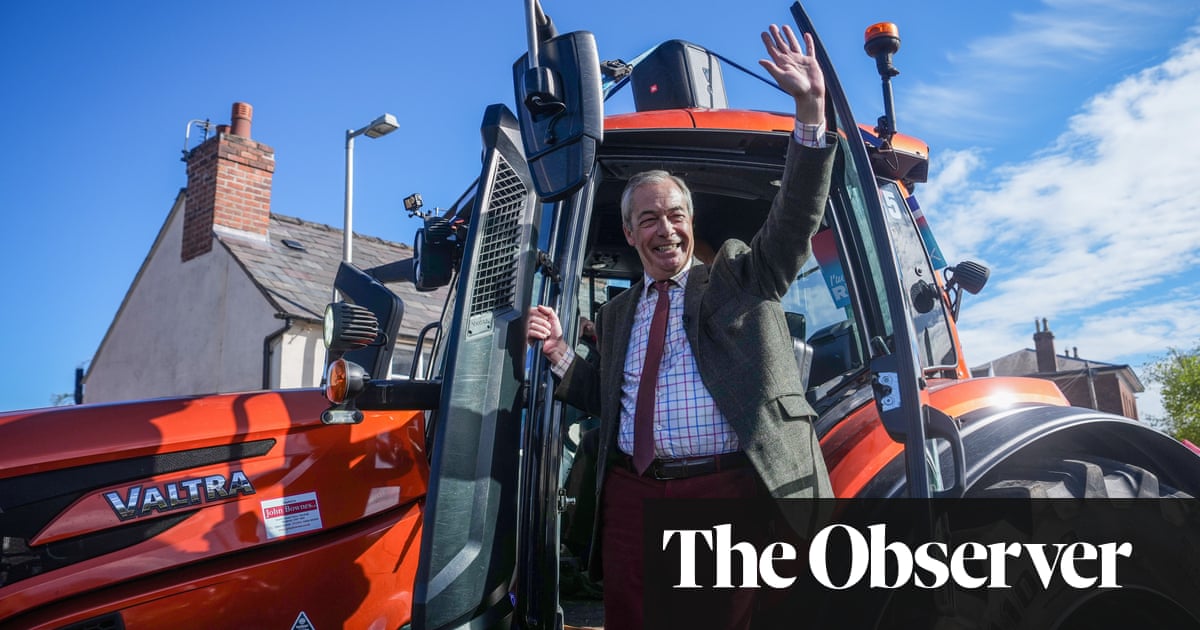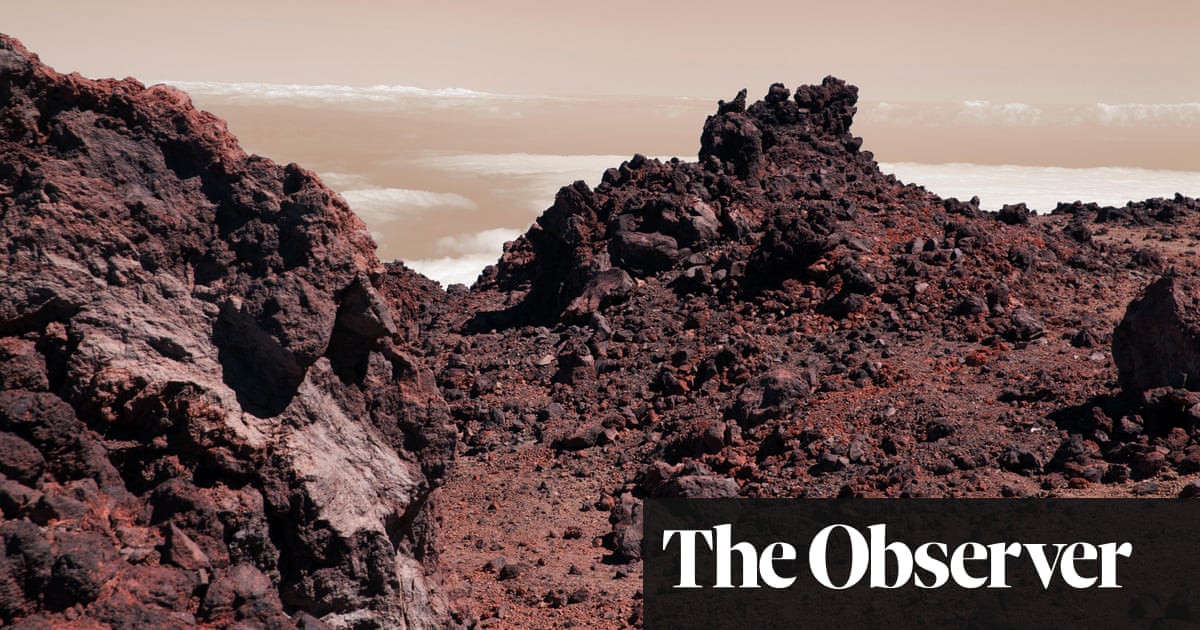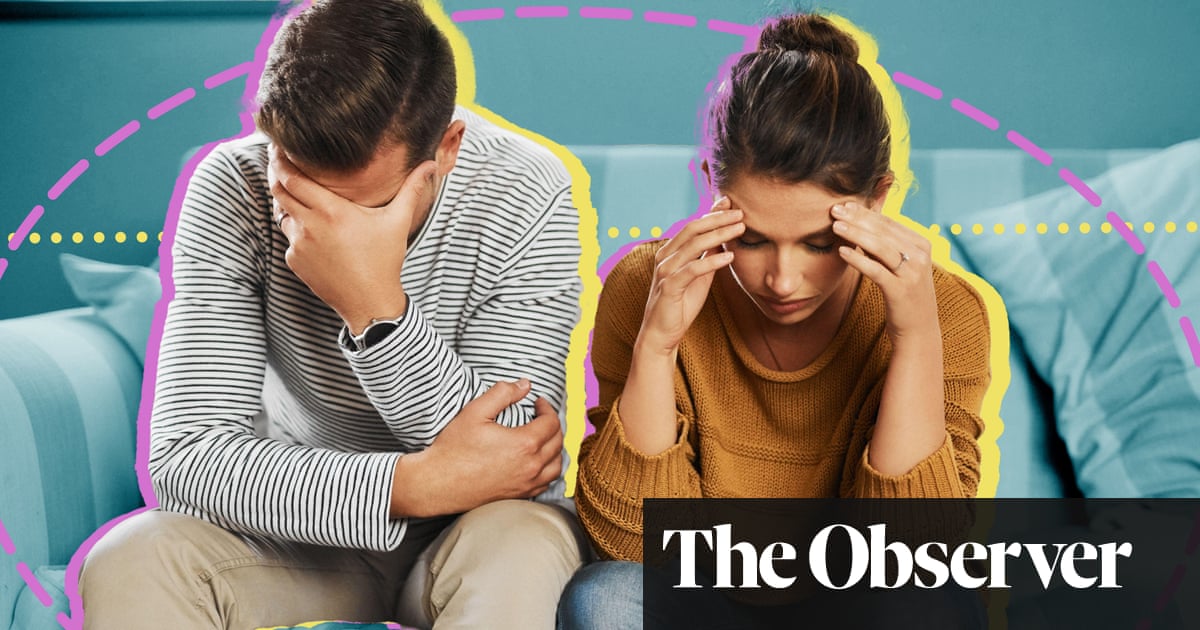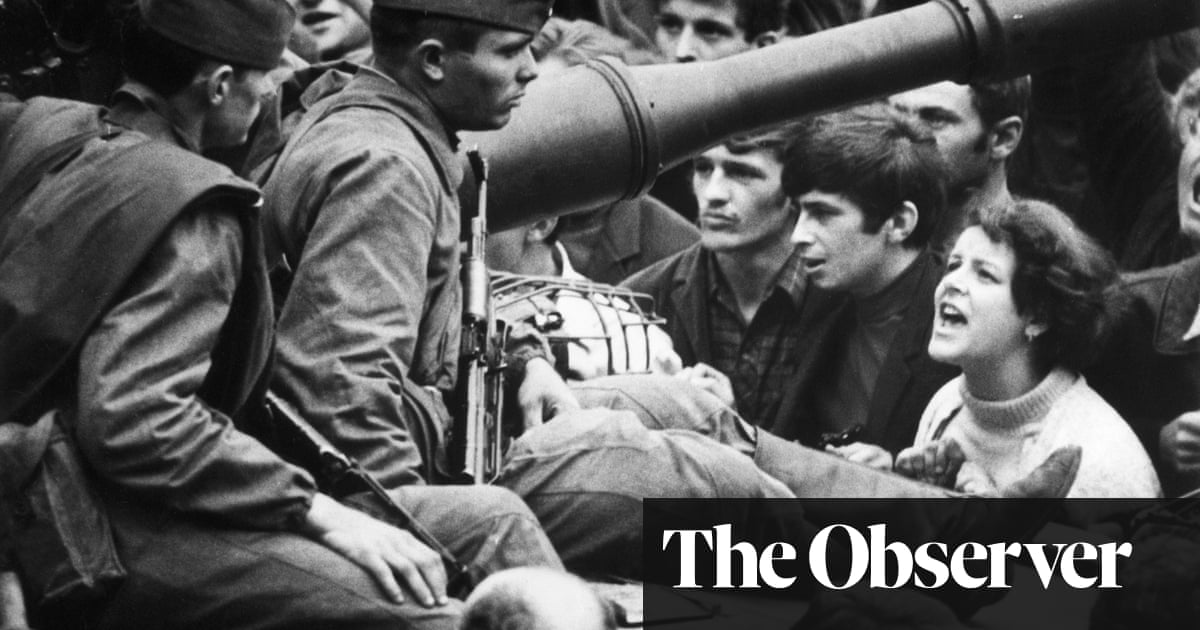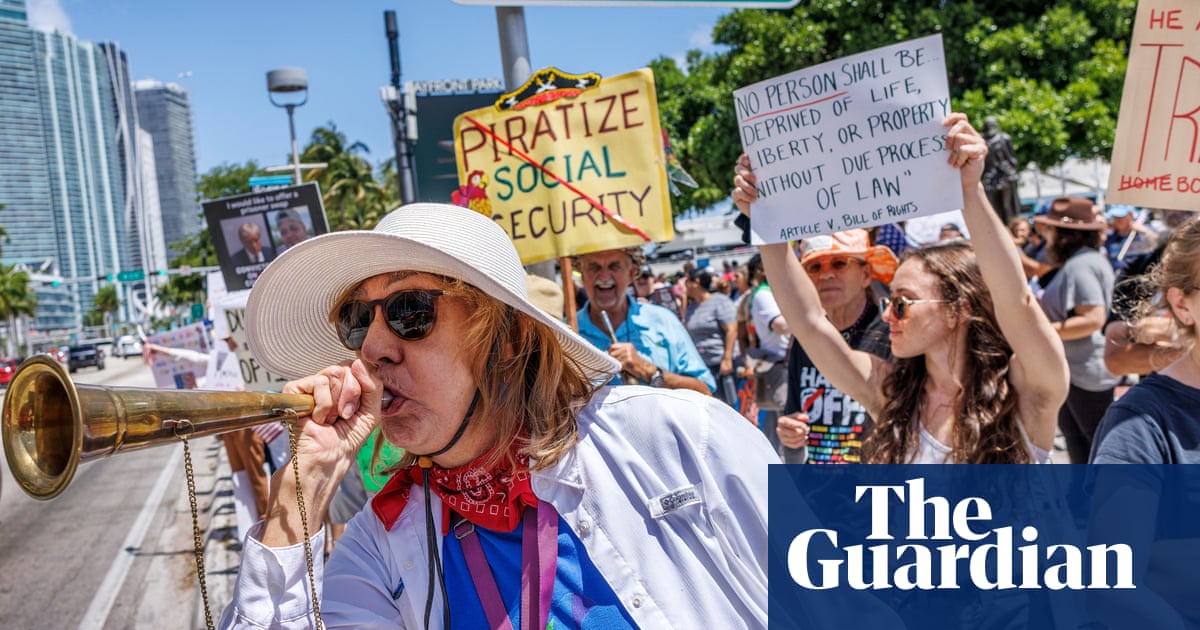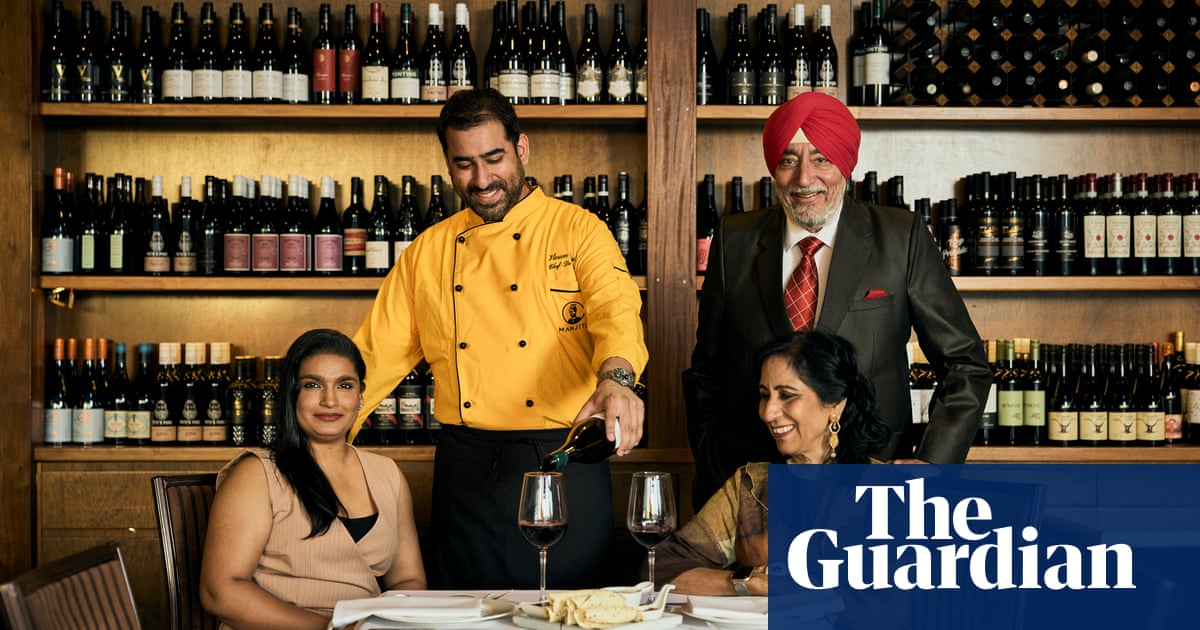The Nobel peace prize winner Maria Ressa has said Meta’s decision to end factchecking on its platforms and remove restrictions on certain topics means “extremely dangerous times” lie ahead for journalism, democracy and social media users.
The American-Filipino journalist said Mark Zuckerberg’s move to relax content moderation on the Facebook and Instagram platforms would lead to a “world without facts” and that was “a world that’s right for a dictator”.
“Mark Zuckerberg says it’s a free speech issue – that’s completely wrong,” Ressa told the AFP news service. “Only if you’re profit-driven can you claim that; only if you want power and money can you claim that. This is about safety.”
Ressa, a co-founder of the Rappler news site, won the Nobel peace prize in 2021 in recognition of her “courageous fight for freedom of expression”. She faced multiple criminal charges and investigations after publishing stories critical of the former Philippine president Rodrigo Duterte.
Ressa rejected Zuckerberg’s claim that factcheckers had been “too politically biased” and had “destroyed more trust than they’ve created”.
“Journalists have a set of standards and ethics,” Ressa said. “What Facebook is going to do is get rid of that and then allow lies, anger, fear and hate to infect every single person on the platform.”
The decision meant “extremely dangerous times ahead” for journalism, democracy and social media users, she said.
Zuckerberg, the founder and chief executive of Meta, which owns Facebook and Instagram, said on Tuesday he would remove factcheckers in the US and replace them with a crowd-sourced moderating service similar to the “community notes” feature on the rival social media platform X.
He added that Meta would also “get rid of a bunch of restrictions on topics like immigration and gender that are just out of touch with mainstream discourse” and “work with President Trump to push back on governments around the world that are going after American companies and pushing to censor more”.
Meta has said it has “no immediate plans” to remove factcheckers outside the US, although the rest of the changes will be implemented worldwide.
Ressa said she would do everything she could to “ensure information integrity”. “This is a pivotal year for journalism survival,” she said. “We’ll do all we can to make sure that happens.”
In October, the human rights group Amnesty International claimed that authorities in the Philippines were using Facebook to “red-tag” young activists, a term referring to the labelling of campaigners and others as alleged “communist rebels” and “terrorists”.
In 2021 a Meta whistleblower, Frances Haugen, claimed there was a lack of safety controls in non-English language markets, such as Africa and the Middle East, and that Facebook was being used by human traffickers and armed groups in Ethiopia.
“I did what I thought was necessary to save the lives of people, especially in the global south, who I think are being endangered by Facebook’s prioritisation of profits over people,” she told the Observer.
At the time, Meta, then operating under the corporate brand of Facebook, said the premise that it prioritised profit over safety was “false” and that it had invested $13bn (£11bn) in protecting users.
In 2018, after the massacre of Rohingya Muslims by the military in Myanmar, Facebook admitted that the platform had been used to “foment division and incite offline violence”. Three years later, the human rights group Global Witness claimed that Facebook was promoting content that incited violence against political protesters in Myanmar. Facebook said it had proactively detected 99% of the hate speech removed from the platform in the country.

 3 months ago
50
3 months ago
50
